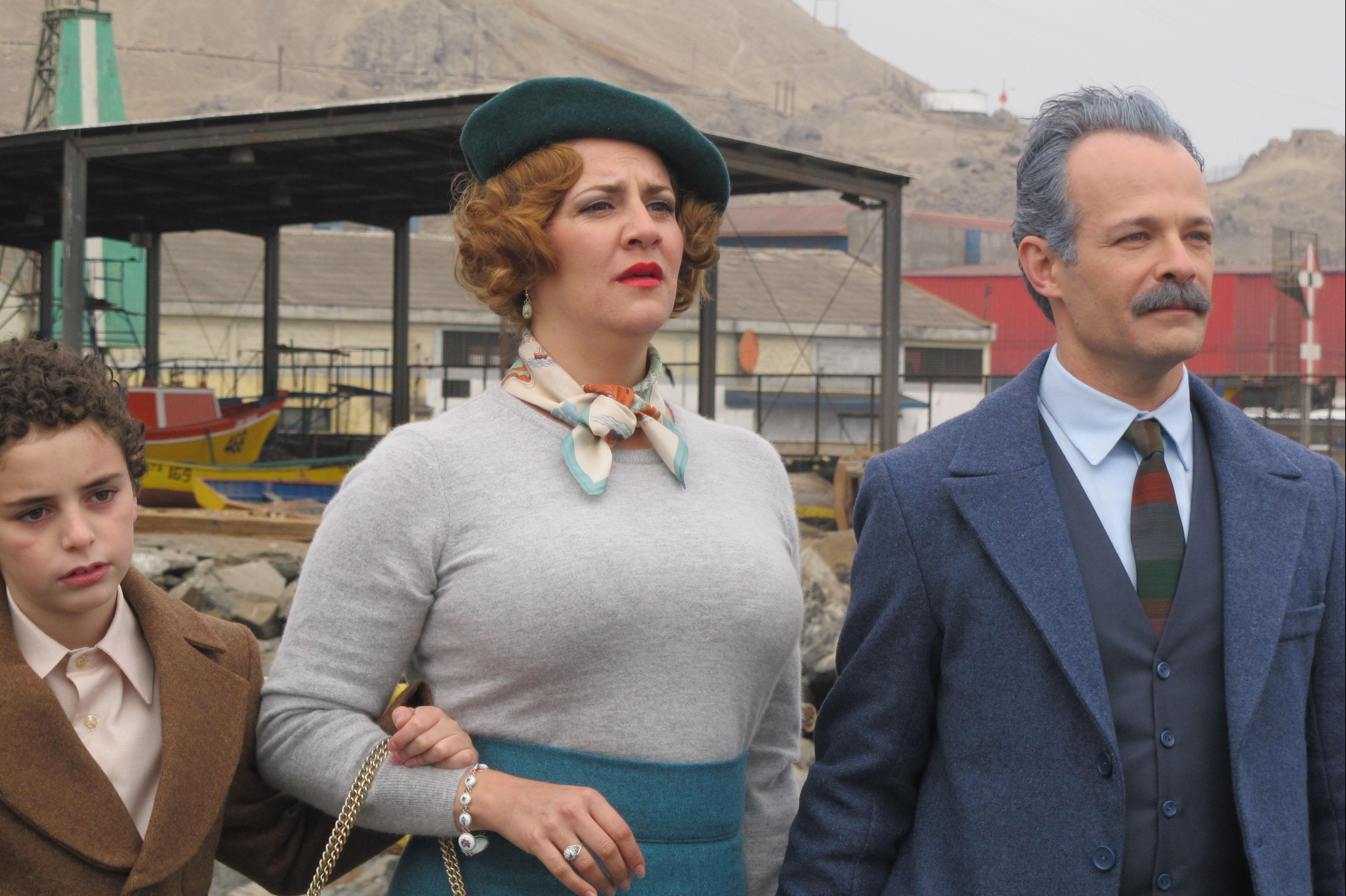The Dance of Reality
Runs Fri., June 20–Tues., July 8 at Grand Illusion. Not rated. 130 minutes.
Bring on the legless dwarfs, cue the full-frontal nudity, and pass the peyote: Alejandro Jodorowsky has made a new movie. Born in 1929, Jodorowsky was already a veteran of wigged-out experimental theater when he devised El Topo (1970) and The Holy Mountain (1973), films that crammed together intense violence, spiritual searching, and preposterous grotesquerie—guaranteeing their success as counterculture happenings. (Jodorowsky essentially invented the midnight-movie phenomenon.) He nearly made an epic of Frank Herbert’s Dune, a misadventure chronicled in the recent documentary Jodorowsky’s Dune. Many years past his last feature, here’s The Dance of Reality, an autobiographical look at the filmmaker’s youth in small-town Chile. There’s something almost heartwarming about the fact that this movie is—for all its zaniness—almost a normal film.
Jodorowsky himself appears as the narrator, a dapper man given to trailing aphorisms in his wake. His youthful self (played by Jeremias Herskovitz) is a sensitive lad, coddled by a Rubensesque mother (Pamela Flores, whose dialogue is entirely sung) and bullied by a hard-backed Communist father (Brontis Jodorowsky, the director’s son—he was the kid in El Topo). We witness the father’s macho child-rearing habits and his mission against Chile’s right-wing president, a cause that leads to a long and curious third-act detour including dog shows and political torture. Around this curved spine of plot, Jodorowsky brings in a carnival sideshow, sharp childhood observations, and frequent bouts of on-camera urination.
However strange it all gets, the mood is somehow optimistic. You sense that Jodorowsky believes his movies can liberate the world, and they undeniably bustle along with supreme, if silly, confidence. And perhaps there is something liberating here after all—maybe not in the subject matter itself (some of this is like listening to a well-read blowhard getting loose at the end of the bar), but in the spectacle of an artist spilling out his craziest visions as though nobody’s ever cautioned him about the foolishness of such behavior. The similarly unfiltered David Lynch is a more rigorous spiritual cousin. This approach means Dance of Reality has its share of mystifying moments. And the digital format imparts a flatness to the colorful images—Jodorowsky needs to dream on film, not video. But the overall impression is energetic and imaginative, suggesting that all his past insanity had done wonders for this octogenarian’s creative process.
film@seattleweekly.com







